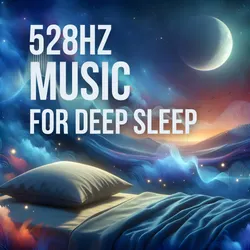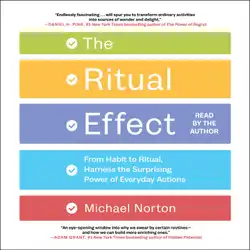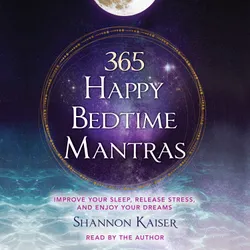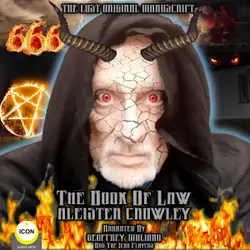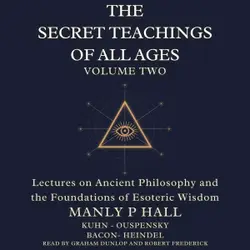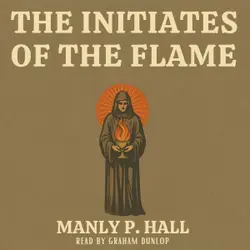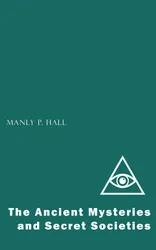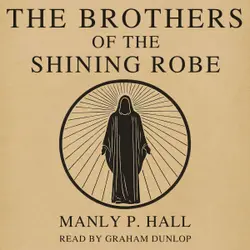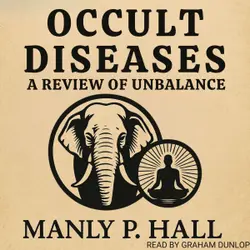Magic: A Treatise on Natural Occultism (1929) is a short work by author, mystic, and lecturer Manly P. Hall. By exploring the differences between black and white magic, this book seeks to guide fellow occultists away from those practices which damage the spirit and lead to the loss of the soul.
Magic: A Treatise on Natural Occultism explores the differences between black magic and white magic-how they are practiced, the justifications behind both, and the inevitable results of each. "Motive is the key to the problem of Magic," he explains. "Even the greatest of White Magicians can become a degenerate in an instant if his motive becomes unworthy. The White Magician serves humanity; the Black Magician seeks to serve himself." This ulterior motive leads the Black Magician into selfish and destructive behaviors, rather than the wise and learned actions of the White Magician who seeks only to do good.
Through his description of black and white magic, Hall explores the very nature of good and evil. He argues against the personification of "natural principles." In his view, the Devil is not a person at all, but a natural occurrence, comprised of all manner of sins. He is "...the spirit of perversion or negation, the created principle of misuse."
As an abuser of magic, the Black Magician can indeed be said to serve "the two great demons of creation"-Satan (Saturn) and Lucifer (Mars). But the White Magician, free of selfish desire, "consecrates his life to study, meditation, and service....He molds himself into the Plan, becoming part of the divine rhythm by sacrificing himself and his wishes to the will of the Infinite, asking only to know wherein his duty lies and how he may be of the greatest service to the greatest number."

